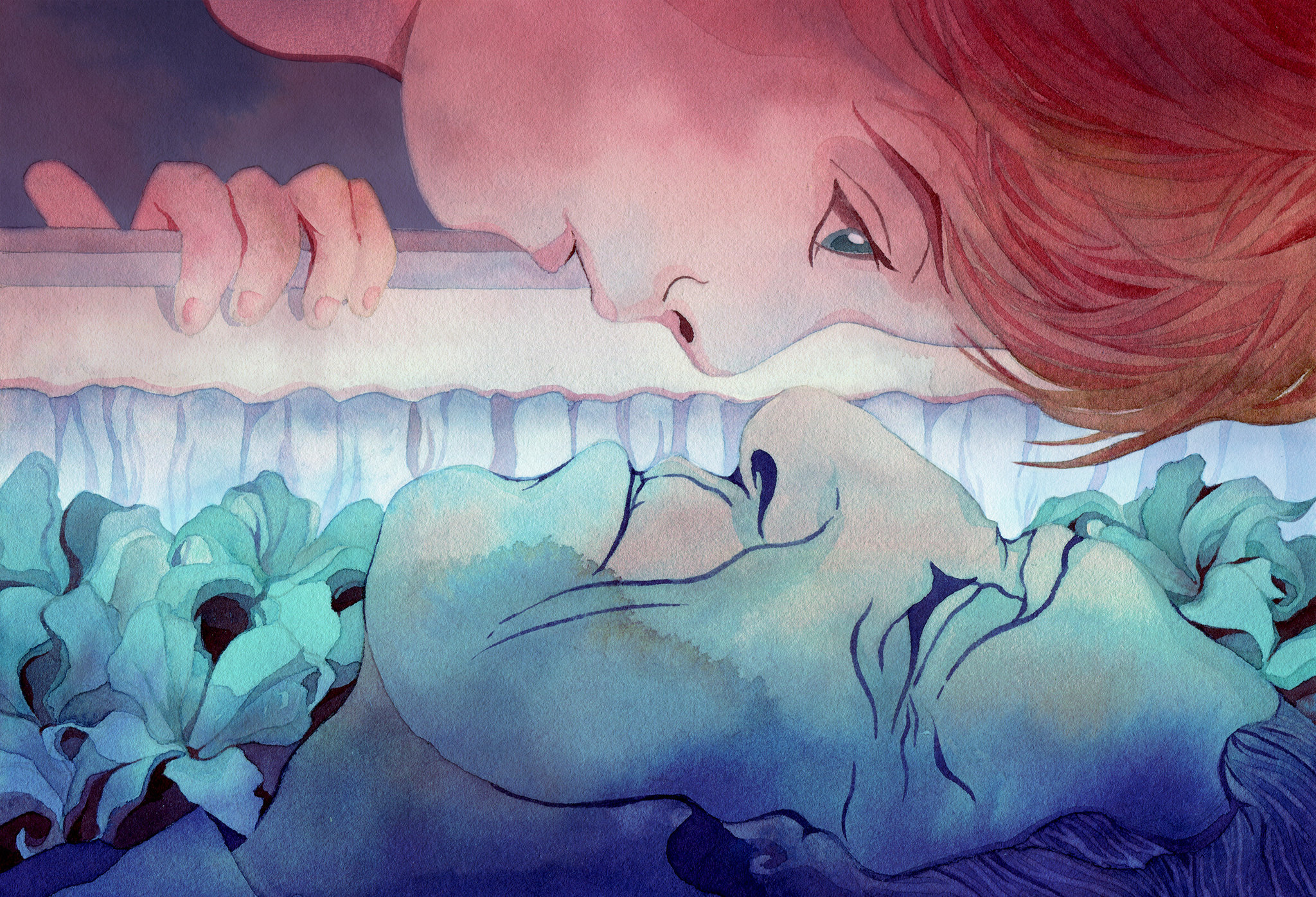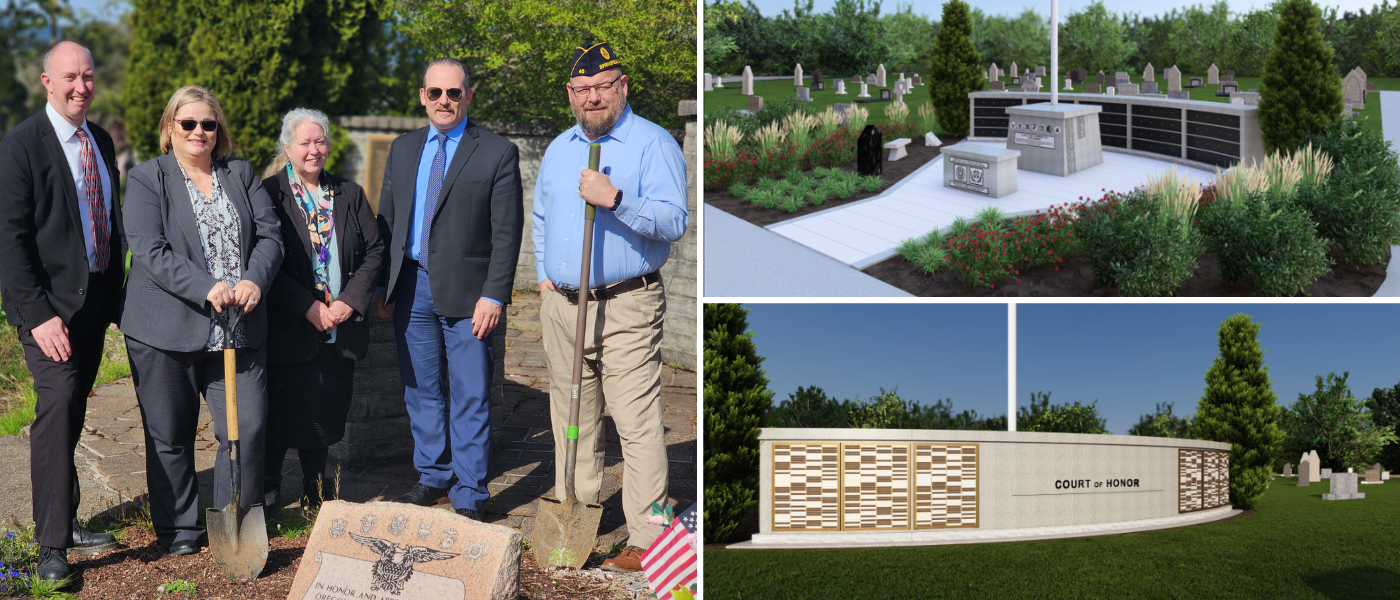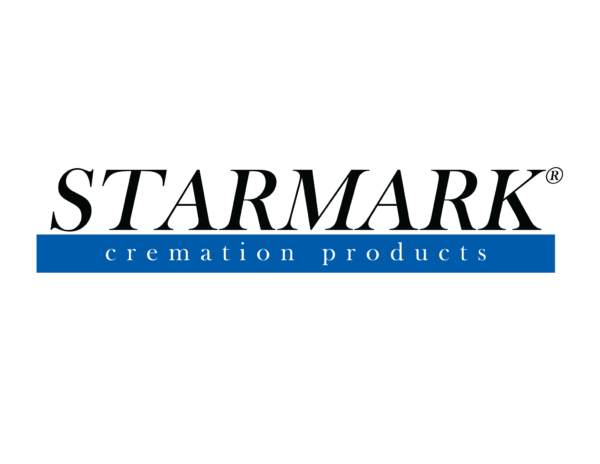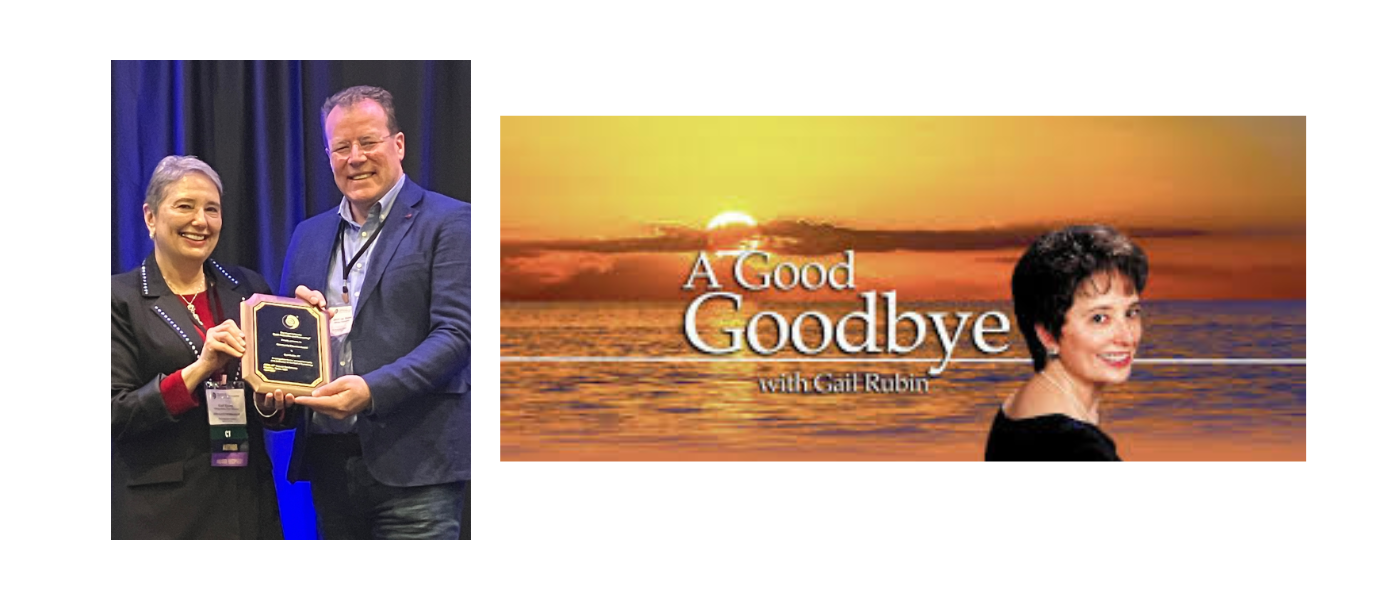Life With Dad, the Funeral Director
Originally Posted on The NYTimes
Before the age of 12, I had seen about a dozen dead bodies. It was actually a pretty typical childhood — or at least it was for me, because my father was a funeral director.
I always thought it was funny that on “Take Your Child to Work Day,” my friends would go to a doctor’s office or a police station, and I would go to a funeral home to watch my dad work on dead people. I learned early on in my life exactly where the road ends for all of us.
My father, James Moon, retired recently, and it occurred to me that I had never asked him why he decided to go into the funeral service business. I don’t know anyone else who has wanted to work in this field, so when I traveled home to Colorado for the holidays, I decided to find out.
“Twenty-two years ago, I decided that I wanted to reorient my career,” my dad said. “I was a Realtor at the time and just didn’t find that selling real estate and family life worked very well.”
He fell into the funeral business by accident when he responded to a newspaper ad seeking real estate agents, schoolteachers and insurance salespeople who were interested in a different career path. The job didn’t specify the nature of that path, and he was not deterred once he found out what it was. He was in his early 40s and already felt over the hill in the corporate world. In the funeral business, he realized, his age would be an advantage.
“Also, I reflected on my father’s death and how that was handled, and it was very much like order taking,” my dad said. “I felt as though I was just pulling up to the drive-through window of a fast-food restaurant. It was very impersonal, there was very little care or compassion, and I felt that there had to be a better way to approach this.”
He took a job as an advance planner at a funeral home in Orlando, Fla., helping clients make decisions about funerals for those who had not died yet. “As I was working in advance planning, I saw what the funeral directors did, and that began to interest me greatly,” he said. He resigned and enrolled in the mortuary science program at St. Petersburg College.
I have a vivid memory from that time of watching my dad work at our kitchen table with a slab of clay and pottery tools. He had been assigned to create a lifelike human ear.
At times, funeral directors may be charged with the task of replacing a missing body part on the deceased, called restorative art. Seeing him work on that ear until he got it just right made me realize that funeral directors weren’t just directors of a funeral, they were also artists.
After graduation, my father worked as an embalmer for four years before being hired as a full-time funeral director in Orlando. It was at this time that I became very well acquainted with death. Funeral homes have several visitation rooms for families to gather and view the deceased. I would often come across a corpse waiting to be viewed.




